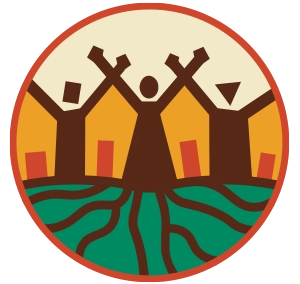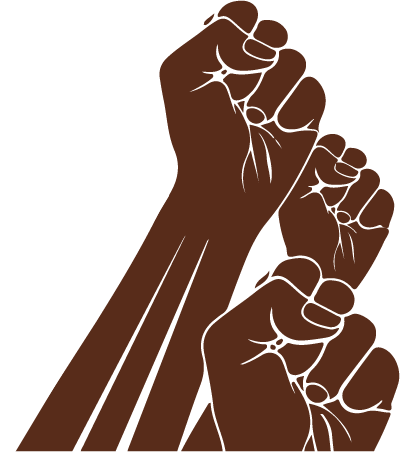
Who We Are
North Carolina Environmental Justice Network (NCEJN) is a grassroots, people of color-led coalition of community organizations and their supporters who work with low income communities and people of color on issues of climate, environmental, racial, and social injustice.
Our History

Click the image below to view our timeline.
Our Mission
To promote health and environmental equality for all people of North Carolina through community action for clean, safe workplaces and fair access to all human and natural resources. We seek to accomplish these goals through organizing and advocacy, infrastructure and development, and research and education based on principles of economic equity and democracy for all people.

We believe in...
Grassroots Education and Organizing
Grassroots-Driven Solutions
People Power
Justice
Democratic Participation
Economic and Political Equity

NCEJN Positions
Our stances on the following subjects related to environmental justice serve as guiding principles for leveraging environmental justice to create equitable policies and foster sustainable, inclusive environments for everyone.
NCEJN is committed to the Principles of Environmental Justice outlined in the 1991 People of Color Environmental Leadership Summit.
Defining & Understanding Environmental Racism

Statement in Solidarity with the Wet’suwet’en Nation
The Role of Students in the EJ Movement

Our View on Climate Change & Environmental Justice

Our View on Community-Driven Participatory Research


















